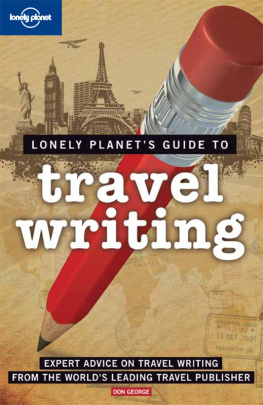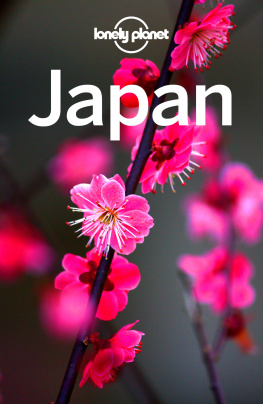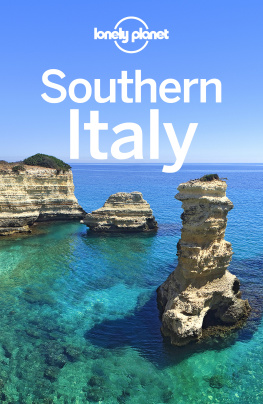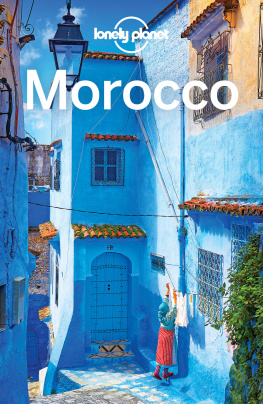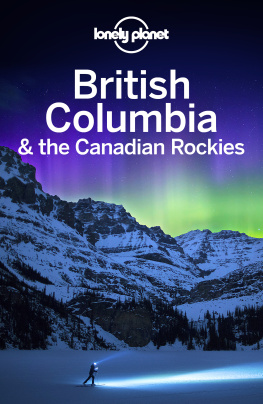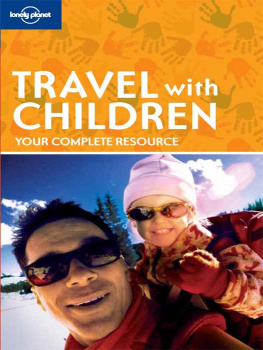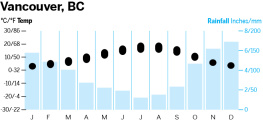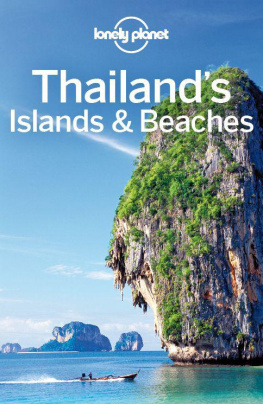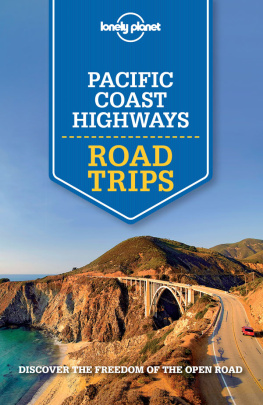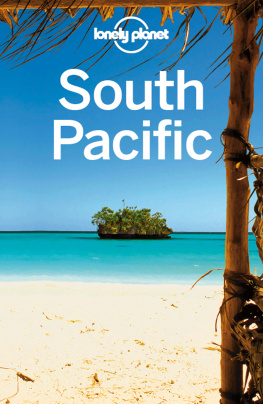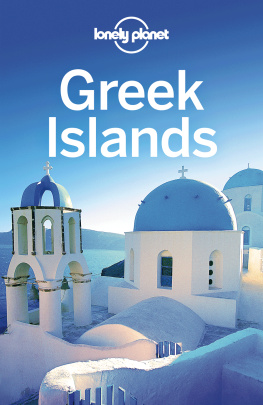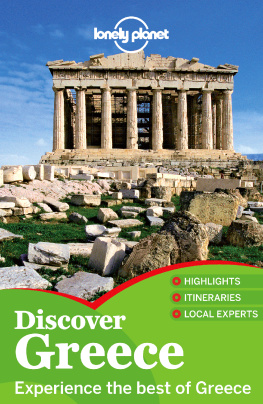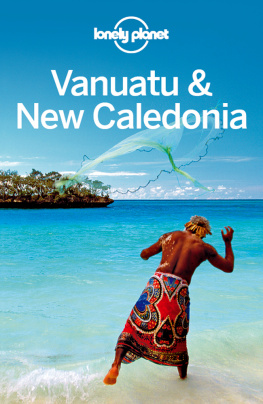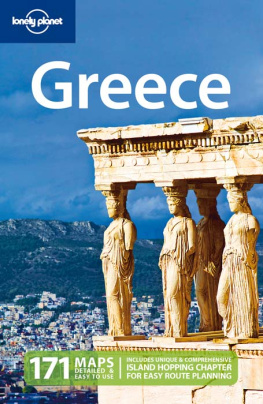Lonely Planet - Travel Writing
Here you can read online Lonely Planet - Travel Writing full text of the book (entire story) in english for free. Download pdf and epub, get meaning, cover and reviews about this ebook. year: 2009, publisher: Lonely Planet Publications, genre: Home and family. Description of the work, (preface) as well as reviews are available. Best literature library LitArk.com created for fans of good reading and offers a wide selection of genres:
Romance novel
Science fiction
Adventure
Detective
Science
History
Home and family
Prose
Art
Politics
Computer
Non-fiction
Religion
Business
Children
Humor
Choose a favorite category and find really read worthwhile books. Enjoy immersion in the world of imagination, feel the emotions of the characters or learn something new for yourself, make an fascinating discovery.
- Book:Travel Writing
- Author:
- Publisher:Lonely Planet Publications
- Genre:
- Year:2009
- Rating:4 / 5
- Favourites:Add to favourites
- Your mark:
- 80
- 1
- 2
- 3
- 4
- 5
Travel Writing: summary, description and annotation
We offer to read an annotation, description, summary or preface (depends on what the author of the book "Travel Writing" wrote himself). If you haven't found the necessary information about the book — write in the comments, we will try to find it.
Climbing the rock towers of Meteora, Greece Counting mountains and spotting bears in the Canadian Rockies Riding an ostrich at Oudtshoorn, South Africa Written by Brigitte Barta, Celeste Brash, Fritz Burke, Monique Choy, Jayne DArcy, Charlotte Hindle, Katharina Lobeck, Korina Miller, Amelia Thomas and Paul Goodyer
Travel Writing — read online for free the complete book (whole text) full work
Below is the text of the book, divided by pages. System saving the place of the last page read, allows you to conveniently read the book "Travel Writing" online for free, without having to search again every time where you left off. Put a bookmark, and you can go to the page where you finished reading at any time.
Font size:
Interval:
Bookmark:
Australia
Head Office
Locked Bag 1, Footscray, Victoria 3011
03 8379 8000, fax 03 8379 8111
www.lonelyplanet.com.au/contact
USA
150 Linden St, Oakland, CA 94607
510 893 8556, fax 510 893 8572
info@lonelyplanet.com
UK
2nd Fl, 186 City Road, London ECV1 2NT
020 7106 2100, fax 020 7106 2101
go@lonelyplanet.co.uk
ebook 2010
2nd edition August 2009
First published March 2005
eISBN 9781742204888
ABN 36 005 607 983
text Lonely Planet 2009
Las Vegas by Simon Calder The Independent
Sri Lanka by Harriet OBrien Traveller / Cond Nast Publications Ltd
Guitar Central by Christopher Reynolds Los Angeles Times
Reprinted with permission.
photographs photographers as indicated
Front cover elements: Mipan/iStock, Principals/iStock, Zoljo/iStock, Maliketh/iStock, Miao99/iStock
Cover designer: Mark Adams
All rights reserved.
Lonely Planet and the Lonely Planet logo are trademarks of Lonely Planet and are registered in the US Patent and Trademark Office and in other countries.
Lonely Planet does not allow its name or logo to be appropriated by commercial establishments, such as retailers, restaurants or hotels.
Please let us know of any misuses: www.lonelyplanet.com/ip.
Travel writer. Those two words are among the most alluring in the English language. No less a luminary than Mick Jagger has said that if he couldnt be a rock star, hed like to be a travel writer. Drew Barrymore has claimed the same.
It is an enticing image. There you are, lying on a chaise longue on a white-sand beach by an aquamarine ocean, describing how the palm trees rustle in the salt-tinged breeze; sipping a caf crme in a Parisian caf, scribbling impressions in a battered notebook; bouncing through the African bush, snapping photos of gazelles and lions, then ending the day listening to spine-tingling tales over gin and tonics in the campfires glow.
If you love to travel and you love to write, it doesnt get any better.
Every year a few dozen people around the world make a living travelling and writing full-time and if thats your goal, go for it! This book will give you all the information and inspiration you need to try to reach that dream.
But you dont have to get paid full-time or even part-time to profit from your travel writing. Whatever your goals as a traveller and writer, the rewards of travel writing and of approaching travel with the travel writers mindset are numerous. First and foremost, you become a better traveller. You arrive at your destination having already learned something of its history, culture and important sites, making you far better able to explore and appreciate what it has to offer. Also, as you are on the lookout for trends, unique places to visit and hot spots, you gradually build up a store of knowledge, becoming more and more of a travel expert.
When you are on the road, travelling as a travel writer will force you to pay attention. You will look more closely, listen more clearly, taste more carefully and continually reflect on what youre experiencing. As a result, your travels will be deeper and richer. In addition, you will often be able to go behind the scenes at a restaurant, shop or hotel, to take advantage of special access to a historical site or museum exhibit, and to speak with intriguing people from archaeologists and curators to chefs and shamans whom everyday travellers would not be able to meet.
Finally, after you have returned home or if youre blogging, while youre still on the road you will be able to relive your journey over and over in the course of writing about it. And when your account is published, sharing your travel experiences with others whether in a magazine, newspaper, travel website or personal blog will further multiply your pleasure, forging connections with others who share your passions. All these effects will broaden and extend the significance and depth of your travels.
These riches come with a corresponding responsibility, of course. As a travel writer you will have a fundamental commitment to your reader to explore a place deeply and fully, and to report the information your reader needs to know by writing an honest, fair, objective and accurate portrayal of that place. Integrity is the travel writers compass and key.
Travel writing is an ancient impulse: people have been sharing accounts of their journeys ever since they first began to wander. The earliest wall paintings present the prehistoric predecessors of Bill Bryson and Paul Theroux recounting their adventures in the larger world. The Greek historian Herodotus is generally credited with writing the first travel book, History of the Persian Wars, with its vivid depictions of exotic sites, rites and fights, in 440 BC. Through the ensuing centuries, traders and explorers from Marco Polo and Christopher Columbus to Henry Morton Stanley and Charles Darwin wrote diaries and dispatches describing their adventures and discoveries in far-flung lands. In the 20th century, travel writing came into its own as a flourishing independent genre with the emergence of such extraordinary writer-travellers as Patrick Leigh Fermor, Wilfred Thesiger, Eric Newby, Colin Thubron and Jan Morris.
Travel writing has continued to evolve in the past quarter-century in the work of such masters as Paul Theroux, Bill Bryson, Pico Iyer, Tim Cahill, Stanley Stewart, Kira Salak, Anthony Sattin and Rory MacLean. Now, in the fledgling 21st century, a new generation of content creators is pushing the boundaries ever further, merging text, audio and video content in inventive websites.
What this means for you is that travel publishing today presents an unprecedented wealth of mentors to learn from and outlets to target.
The world of travel publishing has experienced a kind of accelerated evolution over the past decade. The technological development and popular expansion of the internet as a publishing platform has profoundly affected its media siblings. Traditional publishers have adapted their print publications to fit the age of the internet, in some cases expanding their presence on the web and cutting back on their printed pages. At the same time, the network of web-only publishers has expanded exponentially. This online proliferation has mirrored the historical evolution of media: starting out with text-centric websites, the internet is now abloom with the contemporary equivalents of radio (podcasts) and TV (videos). Where this media convergence/divergence, expansion/contraction is heading is unclear. But it is clear that todays travel writers can choose from a greater range of potential subject matter and a more extensive and varied range of publishing opportunities than ever before. Here is a brief overview of these possibilities; we will cover them in detail in Part II.
Many newspapers in the UK, US and Australia publish separate sections devoted exclusively to travel. While some of these, particularly in the US, have shrunk in size over the course of the decade, they continue to represent a significant market for both beginning and established writers. In the US major newspapers travel sections are usually published on Sunday and range in size from four to 40 pages. In the UK most quality newspapers have travel sections of between four and 40 pages on Saturday and Sunday, and some also feature travel during the week. Major Australian newspapers also feature separate travel sections on Saturday and Sunday, ranging from four to 24 pages. In addition to these, local newspapers often include some travel coverage.
Font size:
Interval:
Bookmark:
Similar books «Travel Writing»
Look at similar books to Travel Writing. We have selected literature similar in name and meaning in the hope of providing readers with more options to find new, interesting, not yet read works.
Discussion, reviews of the book Travel Writing and just readers' own opinions. Leave your comments, write what you think about the work, its meaning or the main characters. Specify what exactly you liked and what you didn't like, and why you think so.

